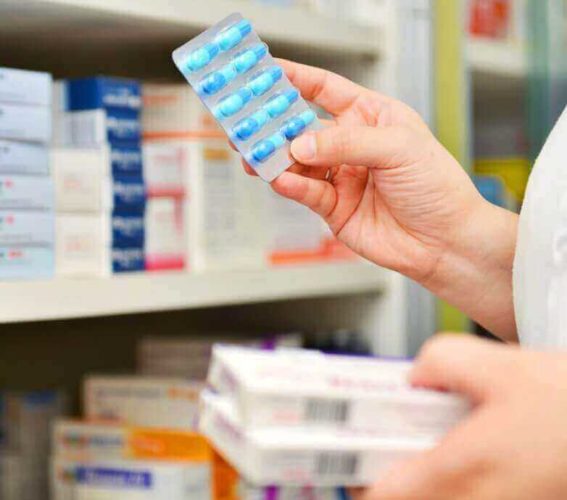If you have already suffered a stroke, the likelihood of suffering another one is significantly increased afterwards. To fight these odds, your doctor may prescribe certain medications. It can be difficult to understand the many medications your doctor may give you, but they all work together to keep you healthy and prevent future blood clot blockages.
Types of Stroke Medication
Your doctor may prescribe a series of different medications following your stroke. Each of these drugs aid in a specific function to prevent future strokes.
- Blood thinners: Also called anticoagulants and antiplatelets, blood thinners work to prevent blood clots from forming and growing.
- Thrombolytics: This drug breaks up existing blood clots.
- Statins: These lower cholesterol levels. High cholesterol is linked to high blood pressure and stroke.
- Blood pressure medication: High blood pressure is a major risk factor for stroke. Your doctor will want to keep your blood pressure at a consistent, controlled level.
- Antidepressants: Many stroke survivors face depression at the beginning of their recovery. Depression can prevent the survivor from partaking in their rehabilitation exercises and physical therapy.
Here are some tips for managing your medication:
- Use your phone to set reminders or alarms to remind you when certain doses are due
- Make use of a pill box
- Medication tracker apps for smartphones
- Elicit the help of a family member or caregiver

Basically rethinking your lifestyle and making consistent changes to a healthier lifestyle can improve your quality of life and also have a positive impact on your stroke recovery.

Specialized treatment after an ischemic stroke
If you or someone you love have suffered a recent ischemic stroke, call us today to learn more about our specialized treatment using stem cells from cord blood. +1 855 426 4623



